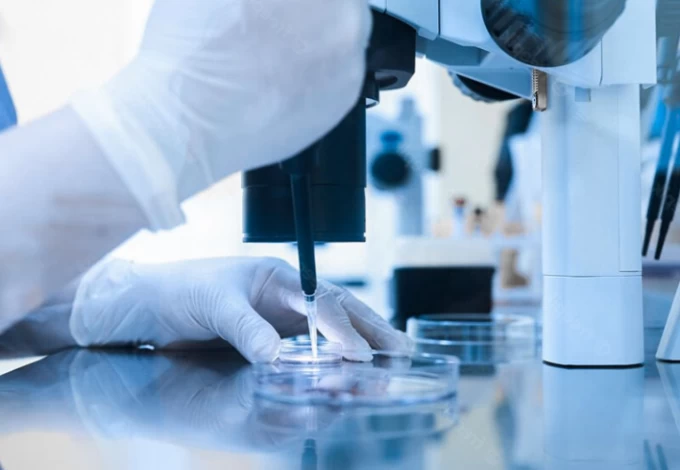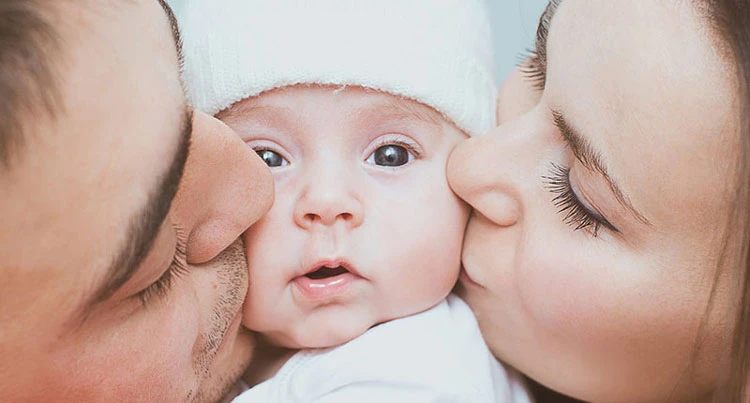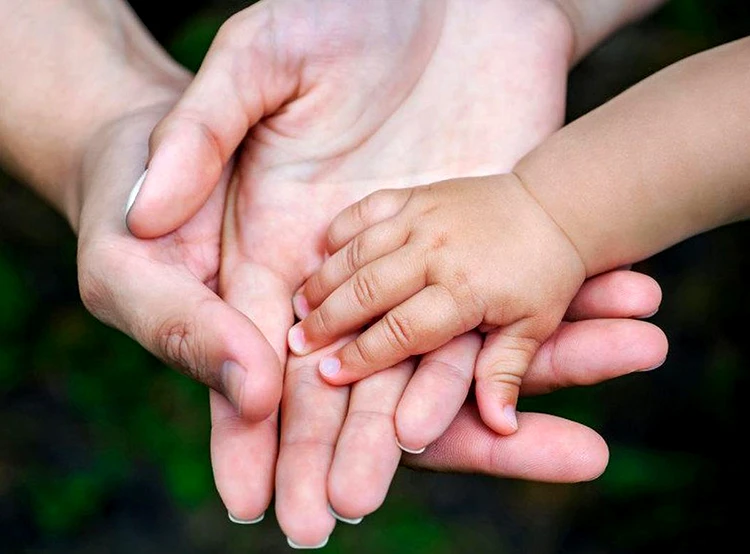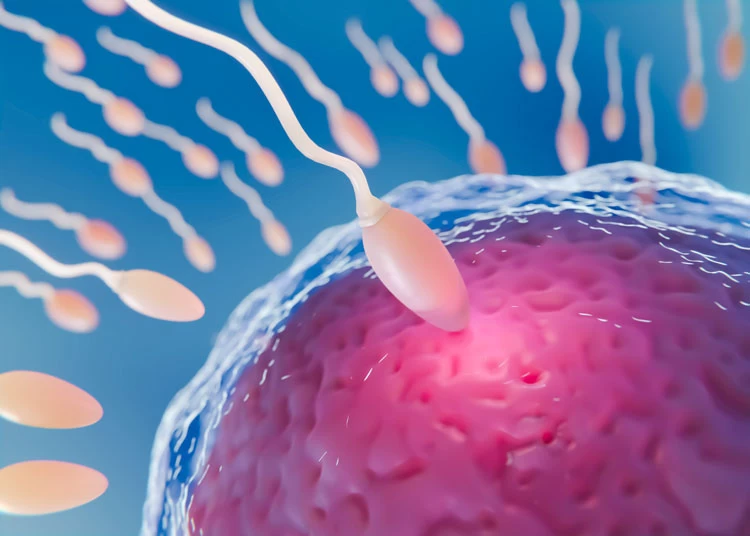What Are the Pros and Cons of Using Donor Egg in IVF?
Fertility Treatment
Using donor eggs in IVF is the ultimate solution for women who cannot have a baby with their eggs. Factors such as premature menopause, advanced age, diminished ovarian reserve, and ovarian cancer affect the quality and quantity of eggs and make infertile couples turn to donor eggs. Suppose you weigh the pros and cons of egg donation, including the advantages and disadvantages, in the IVF process. In that case, this article can help you make your final decision better and wiser.

What Is IVF with Donor Egg?
IVF with a donor egg is a fertility treatment in which a woman donates her egg(s) to be used by an infertile couple. At the beginning of this procedure, the donor must take fertility medications for a specific period, take blood tests regularly, undergo psychological screening, and get a series of physical examinations. Once her ovaries produce a decent number of mature egg follicles (with the help of hormonal medications), the fertility specialist harvests them in egg retrieval surgery. This outpatient operation takes 15 to 20 minutes under local anesthesia.
The harvested eggs are then transferred to the laboratory to be fertilized with sperm. The resulting embryos are transferred to the recipient's uterus in the final stage through a simple procedure. The embryo's recipient can be the intended mother or a surrogate (gestational carrier).
Pros of Using Donor Egg in IVF
IVF with a donor egg has several pros that demarcate it from other artificial insemination techniques. This section discusses some of the most important advantages of using donor eggs in IVF. Additionally, it explores the advantages and disadvantages of using donor eggs in the in vitro fertilization (IVF) process.
IVF with a donor egg has a high success rate
Compared to other fertility treatments, this method has a significantly high success rate (90%). It means 9 out of 10 couples who use donor eggs (whether fresh or frozen) in their IVF treatment will have a healthy pregnancy. This can be great news for couples who have undergone different fertility treatments and have not conceived so far.

It is possible to do Preimplantation Genetic Testing (PGT)
Using a donor egg in IVF enables the fertility specialist and embryologist to perform PGT on the embryo to determine its gender and detect chromosomal abnormalities. Although it doesn't matter for many parents if their child is a girl or a boy, some couples prefer to raise a specific gender. Also, this test helps fertility specialists eliminate certain congenital issues with the embryo, i.e., the ones inherited from the egg donor.
The donated egg can be frozen to be used in the future
Thanks to the latest technologies and facilities, you can freeze more than one egg from the same donor for future IVF cycles. Doing so will make your children genetically related and look alike.
It is a practical method for women who can still carry a healthy pregnancy.
In some cases, the ovaries cannot produce eggs as the woman is above the age of 40, has ovarian cancer, or has experienced damage to ovaries or early menopause. Using donor eggs in IVF can be the best solution in such a situation, as the woman can still carry a pregnancy and breastfeed. It is noteworthy that the rate of miscarriage if IVF with a donor egg is less than 10%, so the couples will not suffer from physical and emotional distress anymore.
The baby is biologically related to the father.
During IVF with the donor egg, the sperm of the male partner fertilizes the egg, so at least one parent is biologically related to the child. If the father does not have sufficient healthy sperm as well, they should use donor sperm in the procedure. In such a case, the baby is genetically related to none of their parents.
Cons of Using Egg Donors in IVF
Despite its numerous merits, using egg donors in IVF has some drawbacks worth reviewing. The decision to use a donor egg is very personal, and you should make the final decision. However, the remainder of this article, which lists the disadvantages of using donor eggs, can assist you in making the best decision for your family.
The cost of IVF with a donor egg is significantly higher than other methods.
Using a donor egg in IVF probably costs you thousands of dollars because you should take multiple tests, pay for the surrogate's medications and tests, pay for the egg-freezing procedure, and grant some money to the donor. Single fathers and gay couples should also consider a sum for the surrogate.

There is always the risk of transmitting heredity diseases
Although several tests are taken throughout the IVF procedure to detect heredity diseases, infections, and congenital syndromes, there is always a 1% risk of passing these problems to the child and mother via donor egg.
It has the potential to cause ovarian hyperstimulation.
Ovarian hyperstimulation syndrome occurs when women have enlarged ovaries and stomach aches. They additionally suffer from fluid retention until their next menstruation. These events may alter your menstrual cycle. However, no research has shown that egg-harvesting methods affect women's ability to conceive on their own.
IVF with a donor egg involves several legal considerations
When using donor eggs in IVF, several contracts should be made between you and the egg donor. In these contracts, you can specify whether the child will know the donor in the future, whether the donor has rights and duties toward the child, and how much money the donor will receive for each batch of eggs.
The baby will not be biologically related to the intended mother
The baby will inherit its genetic features from the egg donor and the father, so the intended mother will have no biological relation to her baby. This can be frustrating and discouraging, but you should remember that you will have a huge part in your baby's development once they are born.
It is hard to tell the child they were conceived with a donor egg.
Although many parents tend to keep it a secret, some couples prefer to tell their children that they were conceived with the help of a donor egg at some point in the future. Despite being a personal decision, this requires the help of a professional psychologist who can offer safe options to parents. Make a mental note that if you wait until your child is at an appropriate age, you will not face serious challenges after telling them the truth.
Contact us for a free initial consultation about using donor eggs.
WhatsAppTelegramFacebookEmailRisks of Using Donor Egg in IVF
Although IVF with a donor egg has a lower rate of miscarriage and development of Down Syndrome than other methods, it can still have some risks and side effects for both the egg donor and the recipient. Read on to learn about the complications and risks of using donor eggs in IVF.
Risks for an egg donor
- Bruising at the injection site;
- Moderate weight gain;
- Mood swing;
- Feeling tightness and pressure in the lower abdomen;
- Frequent headaches;
- Developing Ovarian Hyper-Stimulation Syndrome (OHSS);
- Allergic reaction to antibiotics and hormonal medications;
- Moderate discomfort after egg retrieval;
- Ovarian torsion;
- Ovarian enlargement;
- Psychological distress, and
- Vaginal pain after physical examinations.

Risks for egg recipient
- Mild to moderate pain after embryo transfer;
- Fatigue due to taking hormonal medications;
- High blood pressure during the pregnancy;
- High chance of multiple pregnancies;
- Getting gestational diabetes;
- Chance of getting STD (very rare).
IVF with Donor Egg in Iran
In the vast world of Islam, Iran is one of the few countries where egg donation and using it in assisted reproductive techniques is legal and Halal. In Iran, IVF with donor eggs is done in well-equipped fertility centers where fertility specialists and embryologists work together to culture high-grade embryos and increase the chance of pregnancy through this treatment. But, perhaps the most important factor that attracts foreign patients to this country is its affordable cost of egg donation and IVF, which is around $4.000 in 2023. Compared to the price of fertility treatment in Western countries, this price is reasonable and fair.
FAQs About IVF with Donor Egg
1) Is IVF with a donor egg more successful than standard IVF?
Generally, the success rate of IVF with a donor egg is 70% higher than standard IVF because the egg(s) is usually retrieved from a healthy woman in her 20s or the beginning of her 30s. Also, the mother (or the surrogate) has more time to get physically prepared for carrying the pregnancy.
2) Will I regret using donor eggs?
The decision to use donor eggs in IVF is quite personal and depends on your psychosocial and physiological situation. However, the majority of couples who chose this method of fertility treatment have reported that they have no regret.
3) Will my body reject the embryo if I use donor eggs?
Whether using your egg or a donor egg will not affect IVF failure. The main reasons for IVF failure are the poor quality of the embryo, the embryo's chromosomal abnormality, a problem with the endometrium and uterus, and problems with the mother's immune system.
4) How many donor eggs are needed for successful IVF?
No exact number of donor eggs should be used in IVF, but most fertility specialists believe that a batch of 6-8 eggs is needed to produce one or two high-quality embryos.
5) Is it a good idea to use donor eggs?
Today, every 4 out of 5 women who use donor eggs get pregnant successfully, so it can be said that using donor eggs in IVF or other assisted reproductive techniques is a wise decision.










User
-Can I donate am from Uganda am 22 years
فاطمه وجهی
-Hi there!
Although egg donation can be done in Iran, but it's preferred to receive eggs from people in our own country.